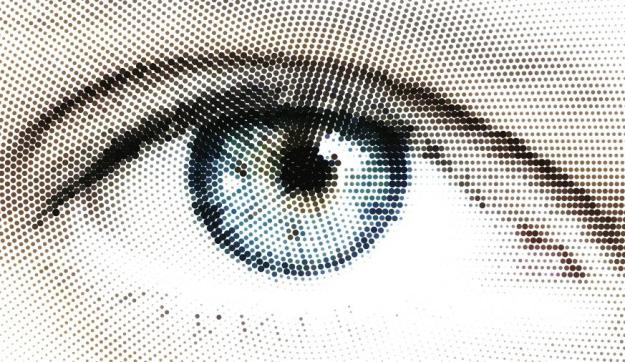 If you’re looking for an excuse to spend even more time in front of the TV screen playing first-person shooters, you’re in luck. According to new research, playing games such as Electronic Arts’ Medal of Honor can actually help to improve your eyesight.
If you’re looking for an excuse to spend even more time in front of the TV screen playing first-person shooters, you’re in luck. According to new research, playing games such as Electronic Arts’ Medal of Honor can actually help to improve your eyesight.
The study, led by Daphne Maurer of McMaster University in Canada, took six patients with lifelong cataract disorders and got them to play Medal of Honor for a total of 40 hours over the course of one month. Games like this require the player to respond quickly to events happening all around the screen, and to track objects moving in different directions.
Patients were told to play the game five days a week for a maximum of two hours per day. Maurer said the reason for setting a time limit was because she was worried the patients might otherwise become addicted to the game.
Researchers found that following the 40 hours of game playing, the vision of five of the six patients showed signs of improvement. They were able to recognize faces more easily, as well as make out small print and judge the direction of moving dots.
Speaking at a science convention in Vancouver about the findings, Maurer said, ”About two-thirds of the things we measured improved simply from playing an action video game.”
Maurer said she believed the results showed that “the visual nervous system is still plastic enough to either form or reveal connections in adulthood….and we suspect that might be true for any kind of visual defect.”
It’s thought that playing games like first-person shooters increases levels of dopamine and adrenaline, making the brain more active which in turn helps to improve visual acuity.
Maurer is so pleased with the results of the research that her team is now working on creating the perfect vision-improving non-violent video game, taking the most effective bits of Medal of Honor and combining them with other elements to give patients the best possible chance of improving their eyesight.
Of course, some opponents of violent video games may think Maurer’s study has done little more than produce a bunch of individuals who will now be able to see more clearly the heinous acts they may later commit, but we’re willing to bet the research will do more good than harm in the long term.
[Source: AFP][Image: Tamas Gerencser / Shutterstock]


